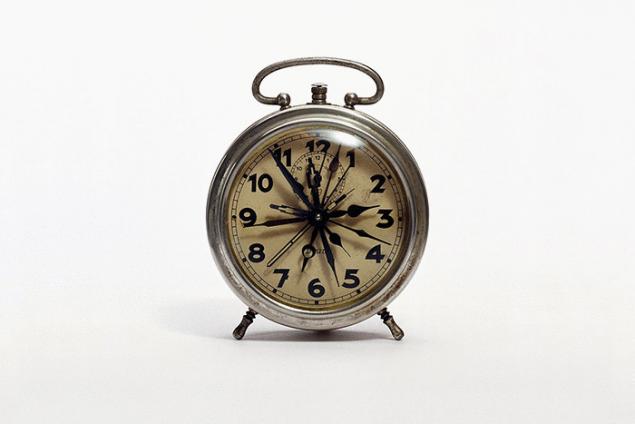397
The myth of 10,000 hours — the amount of effort required to achieve perfection

In recent years, one of the most persistent stereotypes of psychology became the myth of the "10,000 hours", according to which that's how much time you need to invest in any activity in order to achieve meaningful success. Published abstract of an article on Brain Pickings, debunks this stereotype and offer a more sophisticated and efficient traffic pattern to perfection.
The "rule of 10,000 hours", which supposedly can make any person extremely successful in any field has become a kind of Holy commandment, repeated on various web sites and workshops. The trouble with this rule is that it is true only by half. If you, for example, a novice to the game of Golf and constantly make the same mistake 10 000 hours of practice will improve your skill level. You are still a dupe, just more experienced.
The mechanical repetition of actions will not bring about professional growth, but you can get closer to the goal, if time after time to regulate the execution of some tasks. The secret to continuous improvement — not in the amount of time invested in the case, and its quality. It sounds simple and obvious enough, but we often still hope to succeed, based solely on the amount of time that we invest in the solution to a particular problem.
The main factor of success is deliberate practice — training, where you concentrate entirely, following the instructions of the qualified expert, trainer or mentor. This approach is fundamentally different from the approach to measuring success only by the number of hours spent on training.
Feedback is an essential element that allows us to identify their mistakes, to discover the sources of their occurrence and to correct them. So the mirror helps the ballerinas in training. Ideally, feedback should follow from an expert in your field — if you have no such feedback, you hardly you will succeed. It is also important to think realistically. Have dreams has its creative advantages, but in the context of the focused practice they only dilute the efficiency of the process.
"It is believed that for the world-class Champions — whether it's weightlifting or piano practice should be about four hours a day"
Once you get used to it, which once was new to you, you start to do it at a good level automatically. Here you run the risk of becoming hostage to the "okay plateau", ceasing to grow when you are stuck at any level of development. If you are going to achieve a brilliant success, it is time to switch from autopilot back to the active stage of attention.
Fans are often content with fifty hours of practice — whether in skiing or driving — they get to the stage of "good, but enough" reaching that level of performance at which they can perform required actions with ease. They don't feel the need to concentrated practice and are content with repeating what is already learned. In this case, no matter how much more they will practice, their progress will be negligible.
Real experts, on the contrary, continue to pay attention to the case, intentionally counteracting the brain's desire to automate processes. They actively focus on what you are doing imperfectly, to correct what does not work, and never stop learning. If they begin to move by inertia and stop your "smart practice", they immediately fall into a plateau where their skills are more developed.
But even if the question of quality resolved, the issue number is still open. How much deliberate practice is enough to achieve perfection? It is believed that for the world-class Champions — whether it's weightlifting or piano practice should be about four hours a day. This allows you to have sufficient time to improve the skills, and sufficient time for rest and recovery of physical and mental energy.
Optimal practice maintains optimal concentration. published
Source: theoryandpractice.ru
Photos by Jessica Florence and Ellen van Dilen, which will change your view on rats
Thanks to the scientists investigate the crimes can be faster and cheaper























